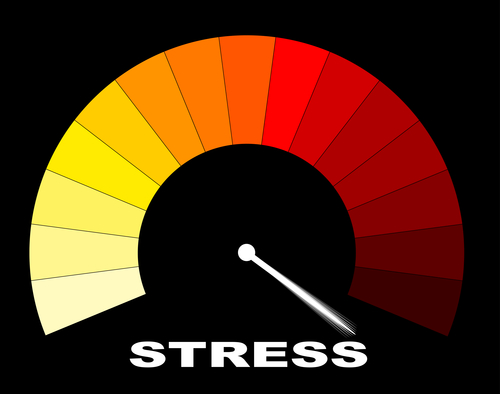
Mistake Do-overs How to Cope with Anxiety, Depression “Left overs”
Ever wish for a do-over of a momentary mistake? How about the basketball player who misses the winning shot at the buzzer? Or the surgeon who loses a patient on the O.R. table?
Kim’s story, 1 “Kim had worked as a nurse for 24 years when she made her first medical error: She gave a frail infant 10 times the recommended dosage of a medication. The baby died five days later.
Her mistake was an unnecessary tragedy. But what happened next was an unnecessary tragedy, too: Seven months after the error, she killed herself.
“She fell apart,” her mother says. “I suppose it would be the same thing you felt, if you felt at fault for a child’s death.”
How does one cope with such errors; losing sleep, losing self-confidence, losing one’s life?
Good preparation could be an answer. Getting ready for the inevitable by practicing meditation, relaxation, yoga, prayer in advance; termed “hoping for the best, but planning for the worst”.
Matthew Hunt, 2 “Ways to Manage (And Reduce) Stress
- Accept your needs. Recognize what your triggers are. What situations make you feel physically and mentally agitated? Once you know this, you can avoid them when it’s reasonable to, and cope when you can’t.
- Manage your time. Prioritizing your activities can help you use your time well. Making a day-to-day schedule helps ensure you don’t feel overwhelmed by everyday tasks and deadlines.
- Practice relaxation. Deep breathing, meditation, and progressive muscle relaxation are good ways to calm yourself. Taking a break to refocus can have benefits beyond the immediate moment.
- Exercise daily. Schedule time to walk outside, bike or join a dance class. Whatever you do, make sure it’s fun. Daily exercise naturally produces stress-relieving hormones in your body and improves your overall physical health.
- Set aside time for yourself. Schedule something that makes you feel good. It might be reading a book, going to the movies, getting a massage or taking your dog for a walk.
- Eat well. Eating unprocessed foods, like whole grains, vegetables, and fresh fruit is the foundation for a healthy body and mind. Eating well can also help stabilize your mood.
- Get enough sleep. Symptoms of some mental health conditions, like mania in bipolar disorder, can be triggered by getting too little sleep.
- Avoid alcohol and drugs. They don’t actually reduce stress: in fact, they often worsen it. If you’re struggling with substance abuse, educate yourself and get help.
- Talk to someone. Whether to friends, family, a counselor or a support group, airing out and talking can help.”
Counseling on Demand is ready to help you through these and other stress minimizers.
We are online at CounselingonDemand.com
Effective online counseling…only a click away
- Sarah Kliff, senior editor,com/2016/3/15/11157552/medical-errors-stories-mistakes/in/8673062
Matthew Hunt, http://www.counselingondemand.com/counseling/9-stress-management-minimizers/ citing, National Alliance of Mental Illness at: https://www.nami.org/Find-Support/Living-with-a-Mental-Health-Condition/Managing-Stress#sthash.IQLiHQwt.dpuf